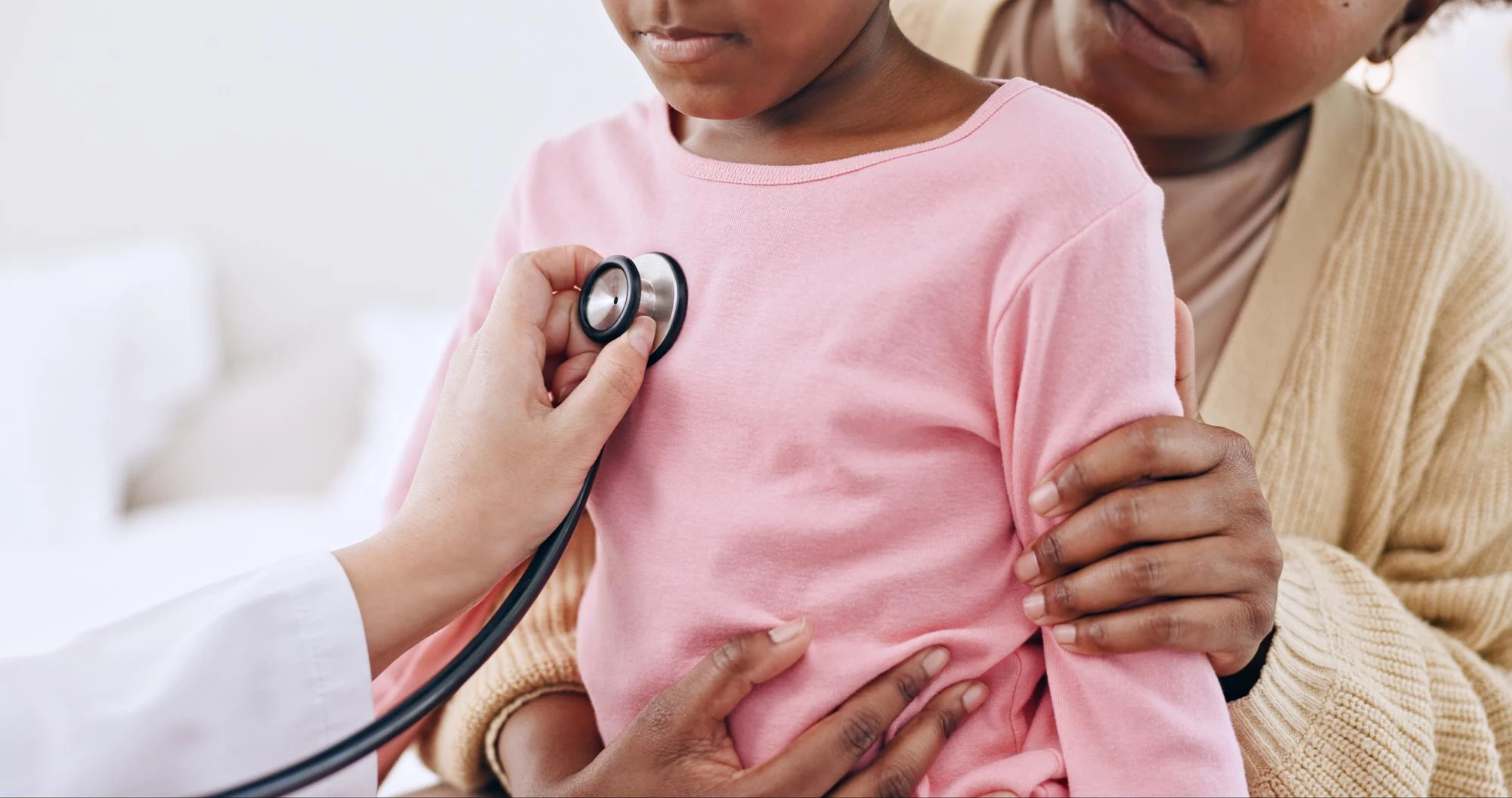Diarrhea in Infants and Children
Diarrheal Illness - When is it time to call the specialist?
According to the World Health Organization (WHO), diarrhea is the passage of three or more loose or watery stools per day. Truthfully, however, the absolute definition varies and depends on the child’s usual pattern of stooling. It’s also important to identify red flags including lethargy, passage of blood or mucus, or signs of dehydration.
Viral infections account for most bouts of diarrhea in children. These infections will typically resolve without treatment; but patients should be monitored for dehydration. The key to prevent dehydration is to encourage adequate hydration with water and electrolytes and monitor for adequate urine output. Infants are especially at risk for dehydration and should be taken to their pediatrician immediately. In older children, a temporary restriction of dairy may help to alleviate symptoms. Finally, a probiotic may help shorten the duration of illness by 2-3 days and prevent recurrence of infections.
Severe diarrhea or chronic diarrhea lasting longer than five days should trigger a visit to the pediatrician or pediatric gastroenterologist. A stool test can quickly identify infections or parasites which require antibiotics. Other common causes of chronic diarrhea in infants and children include:
- Irritable bowel syndrome, which is due to more rapid colon action that sometimes follows an infection
- Milk and soy allergies in infants
- Leakage of loose stool around constipated stool that is stuck in the rectum
- Celiac disease, which is damage to the small intestine from wheat protein
- Toddler’s diarrhea, which is also from more rapid colon action and is often worsened by excessive juice
- Intolerance of lactose (from milk) or fructose (from fruit juice)
- Inflammatory bowel disease, such as Crohn’s disease or ulcerative colitis
If the child does not have an infection, they should be screened for other causes in a minimally invasive manner. The first step is to rule out food allergy or lactose intolerance by restricting the diet under supervision of a doctor. A low-fiber diet may be started as a temporizing measure to help bulk up stools. If diarrhea persists, the blood can be tested for celiac, thyroid issues, food allergies, or IBD. In rare instances, urgent imaging or endoscopy may need to be performed.

Simple blood and non-invasive stool testing.

History and Physical Exam


